
Golden turmeric milk is the happening drink: from Hong Kong to London to San Francisco and everywhere in between. No prizes for guessing that thousands of scientific studies crowning turmeric as the ultimate cure-all spice has something to do with the global proliferation. However, kudos to all those baristas, chefs, and bloggers who came up with their own culinary creations of this now ubiquitous drink. Personally, haldi doodh (Hindi moniker for turmeric milk) is a beverage I remember drinking from an early age (like most Indian kids.) Therefore, doing this recipe was super easy as I got it from my mom. In How to make golden turmeric milk, I unveil the abbreviated version of the authentic haldi doodh recipe that has been used for generations in my family.
Why abbreviated version? Growing up, most of the time my mom gave us the quick version of the original turmeric milk recipe--a hot glass of (dairy) milk mixed with a quarter teaspoon of ground turmeric and a couple of teaspoons of sugar. This was a perennial remedy for common cold, flu, and body aches. In my kitchen, I did not turn to making turmeric milk for a long, long time as I was not a big fan of this elixir growing up and I eat turmeric on a regular basis in most Indian meals. The full-version turmeric milk, my favorite, tastes nothing less than kheer (pudding) and includes high-protein chickpea flour as well as almonds (stay tuned). For now, let's move on with the easier version to make golden turmeric milk.
A note on using coconut milk in the recipe
My first experience of having golden turmeric milk was in San Francisco a few months ago. I was curious to have a vegan version of golden milk. I took a sip and decided not to take another because it was made with full-fat coconut milk. As much as I like the taste of coconut, I use it sparingly in every form as advised by the Harvard School of public health and many other trailblazers--doctors and researchers (stay tuned for Demystifying coconut). This is especially important if you have any type of cardiovascular condition. In short, coconut is very high in saturated fats, which if consumed in excess can lead to cardiovascular conditions such as raising bad (LDL) cholestrol.
As turmeric's bioavaiiablity increases when mixed with fat, the use of coconut milk sort of makes sense. But the good news is that you can also increase turmeric absorption with a pinch of black pepper. As I revealed in Demystifying Turmeric, if you are looking to get the health benefits of the spice, it needs to become part of your every day food. And drinking a cup of coconut milk everyday may not be the most optimal way of getting turmeric's health benefits.
Homemade almond milk (or store-bought, unsweetened) is a good choice as it also lets the turmeric taste shine in the beverage. If you do want to add oil, how about choosing one without saturated fats such as avocado oil or extra-virgin olive oil. I did try the recipe with avocado oil and it came out fine. Personally, I like this golden turmeric milk without adding any type of oil. Using hemp milk is another solution: it is naturally high in fat, just like dairy milk.
How much turmeric in a cup of milk?
As turmeric has medicinal benefits, an overdose can also cause adverse health effects, especially over a long period of time. One teaspoon/day, (around 3g), is the recommended ceiling. When I asked my mom to put 1/2 tsp per cup of milk, she responded, "too much!" I believe, in India, as people used turmeric twice (sometimes more) a day in everyday food, the turmeric milk recipe was carefully crafted so as not to exceed the one teaspoon/day limit. Based on this assumption, if turmeric is not part of your everyday meals, add half-a-teaspoon per cup of milk. I don't exceed the 1/4 teaspoon per cup. I did try the recipe with 1/2 tsp but did not like the taste as the turmeric became too heavy on the overall taste profile.

I don't usually make turmeric milk on a regular basis as I get my daily dose of turmeric in dals, curries, soups, and Indian-style veggies. If you are looking to increase turmeric intake through food, do check out the following recipes with turmeric on Traffic Light Cook.
West African Sweet Potato & Peanut Soup (with nut-free version)
Veggie-loaded Chickpea flour omelet
Herb-infused carrot, mango, moong lentil salad
TRY THE RECIPE!
I have included a lot of variations in the recipe below. If you try it out, please leave a comment below or rate the recipe.
How to make Golden (Turmeric) Milk
Ingredients
- 1 cup homemade almond milk* (or store-bought, preferably unsweetened)
- 1/4 tsp ground turmeric (or 3/4 tsp fresh, finely grated)
- 4 black peppercorns (freshly crushed into fine powder)
- 1/4 tsp ground cinnamon (optional)
- 1/2 tsp avocado oil** (optional)
- 1 tsp maple syrup*** (optional)
Instructions
- In a small pan, mix turmeric, ground peppercorn, and cinnamon, with almond milk. Heat the mixture over medium-low heat stirring it a couple of times with a whisk or fork.
- Bring the mixture to a gentle simmer. Let the golden milk simmer for 2-3 minutes over medium-low heat. Add avocado oil and maple syrup and mix. Waterfall the milk into your favorite cup. Enjoy hot with a sprinkle of freshly ground black pepper!
Notes
- Replace almond milk with dairy
- replace avocado oil with ghee

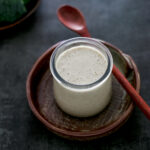
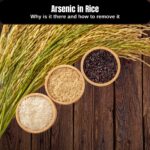




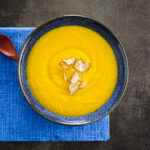
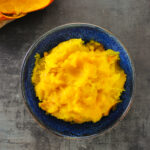
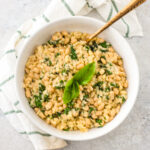
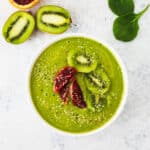
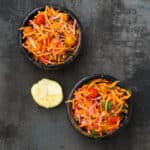


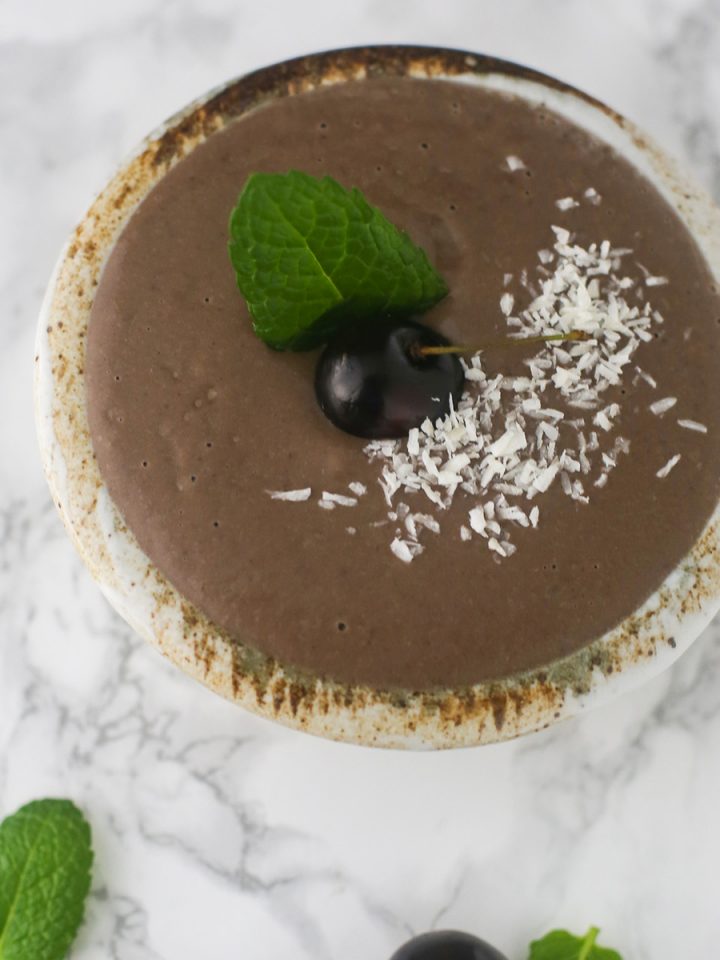
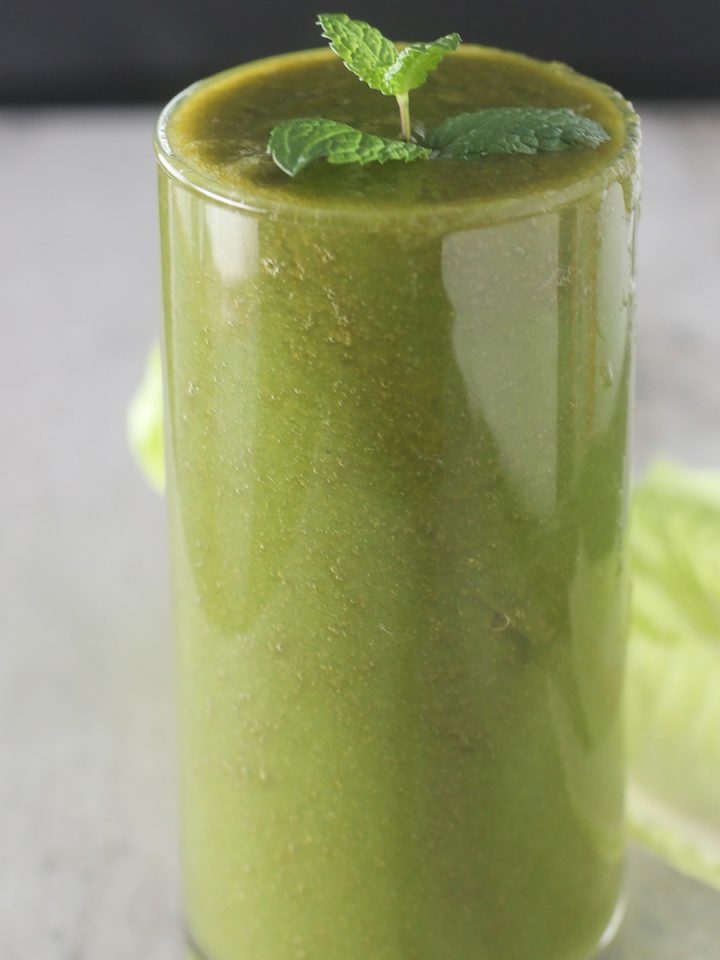

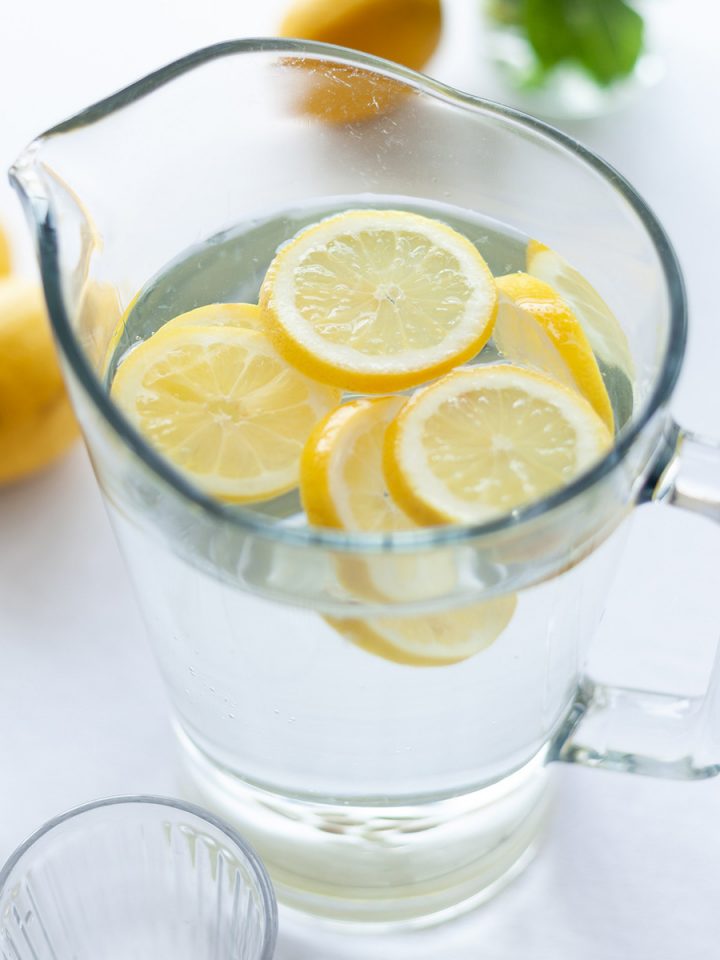
Please do more research on coconut oil and butter. Current research has debunked Ancel Keys theory and fats have been REPEATEDLY studied and found to have little to no impact on serum cholesterol levels.
Overdoing the sugar and simple carbs raise serum cholesterol and LDL reliably. Man made fractionated oils and “trans fats” are another story entirely
Hello Rachel,
I have done plenty of research on every type of fat. Before I say any more, I would like to say that we are 7 billion unique human beings on this planet, and how each one of us is going to respond to food is different. A Harvard professor has called a POISON . Most Naturopaths tend to believe in the power of coconut, but they also advise living on veggies pretty much 90%. Coconut oil is very high in saturated fat and I see many people using it in conjunction with sugar, which makes it even more dangerous. It does have some research backing it up for its anti-inflammatory properties. So I don't take any ingredients health value based on its popular belief. If it works for you great. I do ask my health coaching clients to look out for elevated cholesterol if they choose to use coconut oil. I personally use it sparingly. I agree with you on simple carbs and highly processed oil. In good health!